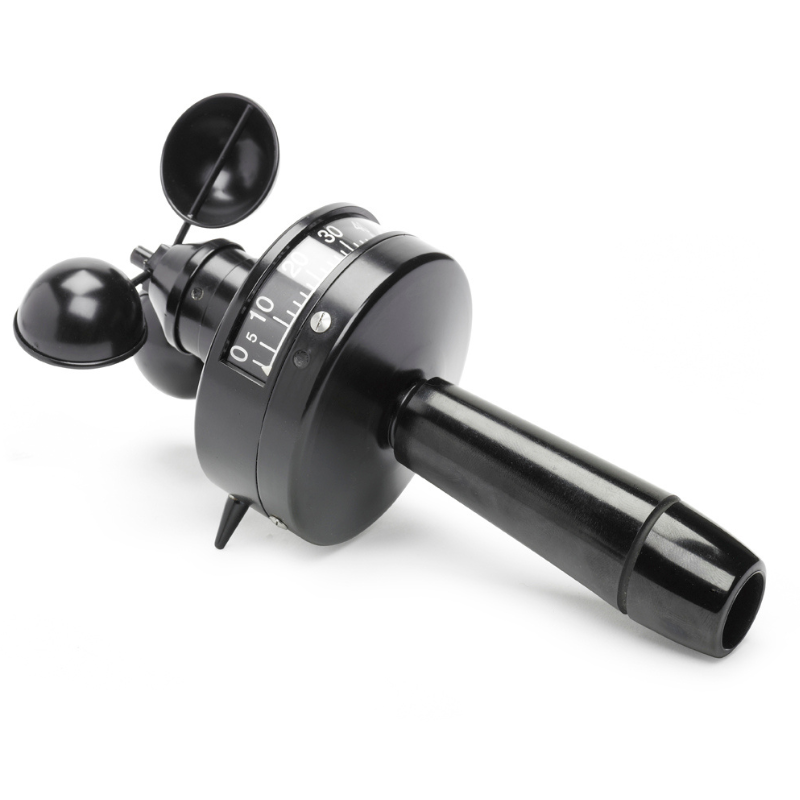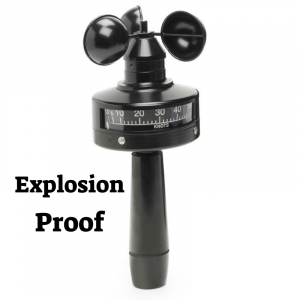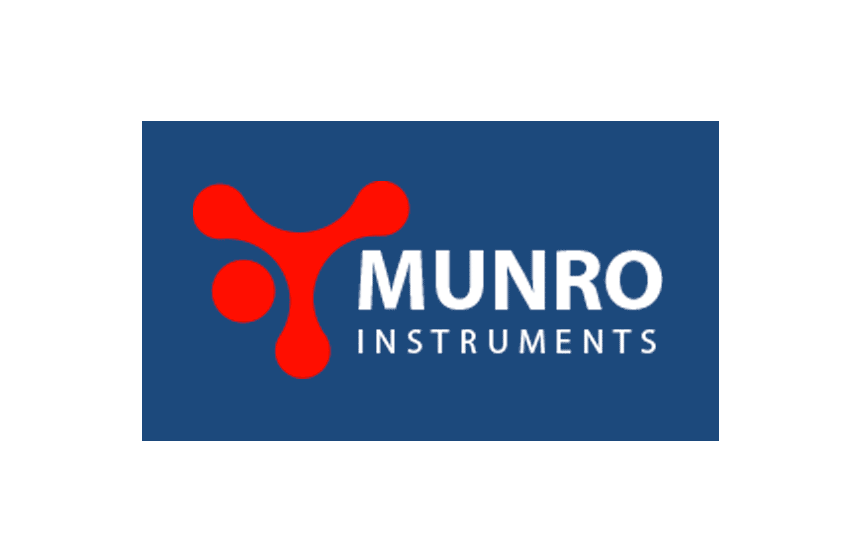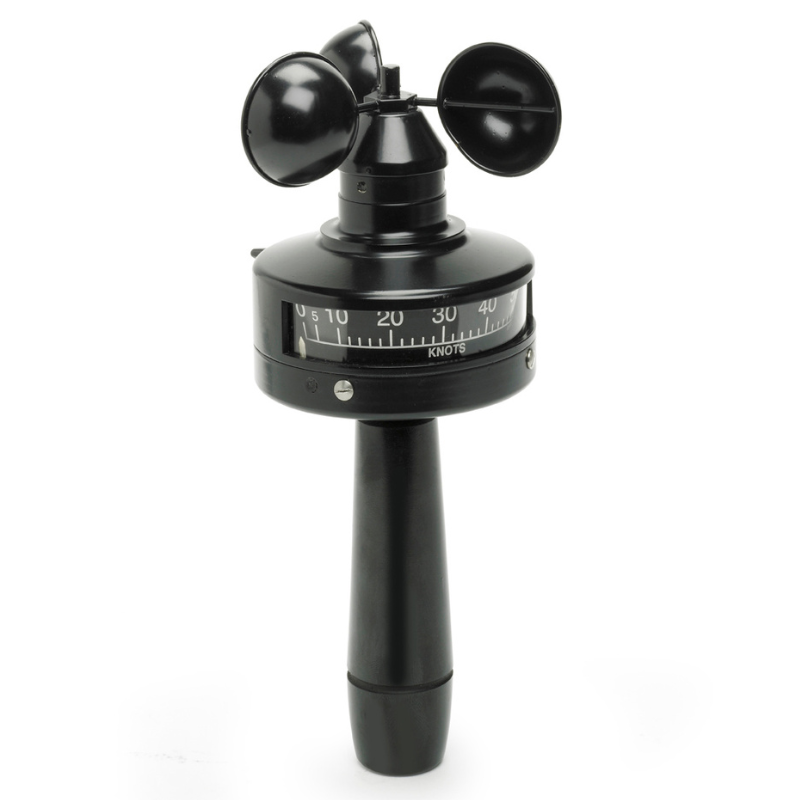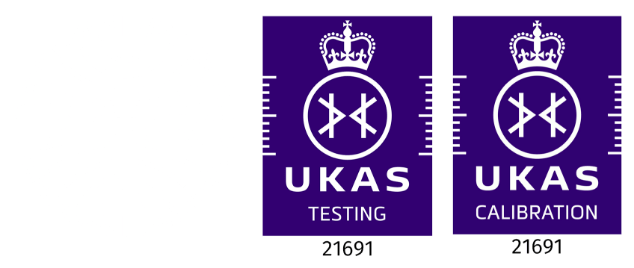A professional anemometer is a sophisticated device designed to measure wind speed, direction, and sometimes additional parameters like temperature or pressure. Unlike basic consumer models, these devices offer exceptional accuracy, durability, and versatility. Professionals across industries—from meteorologists to engineers—rely on anemometers to make informed decisions. Professionals need precise wind data to ensure safety, optimize performance, and meet regulatory requirements. From weather forecasting to environmental monitoring, anemometers are indispensable.
How to use Professional Anemometers
Anemometers typically function by capturing wind movement and translating it into measurable data. Whether using rotating cups, ultrasonic sensors, or lasers, these devices convert kinetic energy into readable metrics.
Applications of Professional Anemometers
Meteorology
Meteorologists them to track wind patterns, predict storms, and understand climate changes.
Environmental Studies
Scientists measure wind speed to study its effects on ecosystems, soil erosion, and pollution dispersion.
Industrial Applications
Industries like wind energy, construction, and manufacturing utilize anemometers for operational efficiency and safety.
Sports and Aviation
Athletes and pilots rely on accurate wind measurements to refine performance and ensure safety.
Types of Professional Anemometers
Cup Anemometers
Cup anemometers use spinning cups to gauge wind speed. They are simple, reliable, and widely used, particularly in meteorology.
Hot-wire Anemometers
These devices measure wind by detecting changes in heat dissipation. They are ideal for low-speed airflow measurements.
Ultrasonic Anemometers
Using sound waves, ultrasonic anemometers provide precise, non-mechanical measurements, making them suitable for harsh environments.
Laser Doppler Anemometers
These high-tech tools use laser beams to measure wind speed with unparalleled accuracy, often in research and industrial settings.
Key Features
Measurement Accuracy
Professional models ensure precise readings, critical for high-stakes applications.
Durability and Build Quality
Designed to withstand extreme weather conditions, these devices are built to last.
User-Friendly Interface
Many professional anemometers feature intuitive displays and controls for easy operation.
Data Storage and Connectivity
Advanced models often include features like data logging, USB connectivity, and wireless integration.
Benefits of Using Professional Anemometers
Precision in Data Collection
Accurate data helps professionals make better decisions.
Time Efficiency
Fast, reliable readings save time in critical operations.
Enhancing Safety in Critical Operations
In industries like aviation or construction, wind data prevents accidents.

